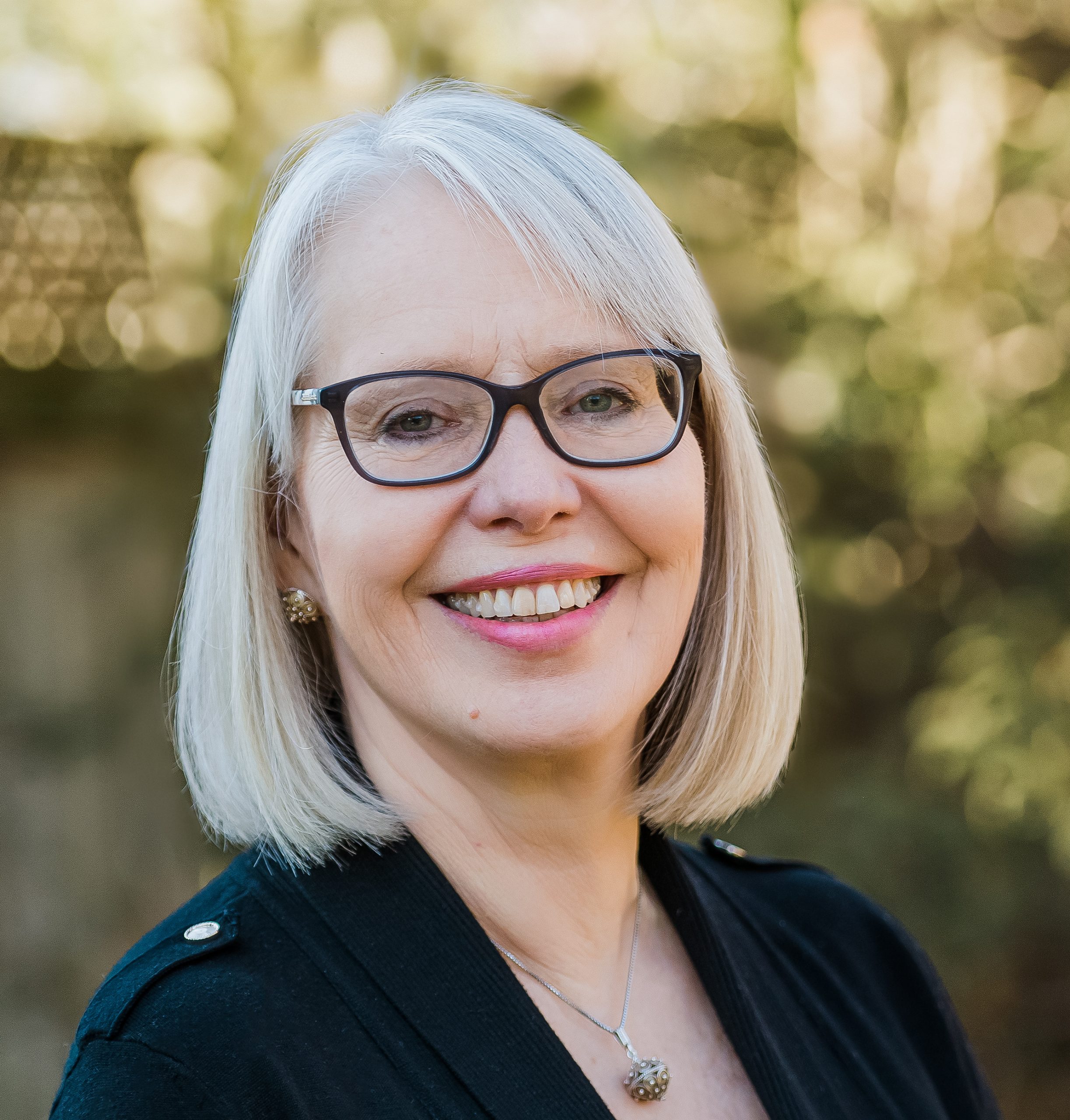
Our industry talks periodically about the importance of women as clients. We talk about women investors being underserved, and a number of us have stories of women friends who, in need of financial advice, arduously look for an advisor with whom they feel comfortable.
But as an industry we haven’t moved the dial on certain things we’ve been talking about for years that were intended to attract and support women clients. These include increasing the number of women advisors, and tailoring education and communications to women’s financial goals and needs.
Let’s explore the reasons we should continue to strive to do better to attract and serve women clients, and how we might do that.
The need
Women’s financial realities are different than men’s. They outlive men by four to five years on average, so their money has to last longer.
Women need their money to go further, but they earn less. The gender pay gap persists, with women still making less than 90 cents for every dollar men make (Statistics Canada, 2022). The gap has been shrinking but stubbornly resists elimination.
In addition, women more frequently need to take a break from their careers to be caregivers. In 2022 more than 50% of women over age 15 provided some form of care to children or adults, and they were significantly more likely than men to provide care (Statistics Canada, 2022). For higher earners, a one-year career gap can result in a loss of more than $200,000 in retirement savings.
As a result of these factors, women need advice.
The gap
Many women indicate they are more comfortable dealing with a woman advisor. Specifically, women investors indicate they are two-and-a-half times more comfortable taking investment risks with women advisors. Yet only 18% of financial advisors at Canadian full-service brokerages are women.
Further, despite the persistent gender pay gap, women are earning more and also inheriting more often — from their parents and through divorce or widowhood. However, numerous studies show that the majority of widows will switch financial advisors within a year of the spouse’s death.
In addition, younger women investors are twice as likely as previous generations to lead their families’ financial decision-making; however, gender-based biases persist. As younger women take more control of their financial lives, they are less tolerant of these biases.
Women want advice and are receptive to it, but they don’t always have access to advice that suits them.
The opportunity
Within the next few years, financial assets controlled by Canadian women will almost double, and women will control one-third of all financial assets in the Canadian economy.
Women want and need to take control over their own financial lives. They want to take care of their families and those things that are important to them.
This is a huge opportunity for our industry, and one that is too good for any business to miss. Here are a few ideas on how to take advantage of this opportunity:
- Hire more women advisors. Every advisory team of any size should include women advisors. Consider setting targets for the percentage of women advisors on your team. It’s just good business to ensure that teams reflect and relate well to their client base — and over 50% of Canadians are women. Besides, women make great advisors.
- Understand women clients. Without regard to regulatory requirements around KYC, really get to know your women clients. Listen for their priorities and goals, and seek to understand their big picture. While all clients are unique, listen specifically for women’s individual financial needs and wants, which may differ from men’s given their different financial realities.
- Offer financial planning. Based on research, women generally want to understand their complete financial picture and want holistic advice. They will not be content with a focus on day-to-day management of their investments. Women who use advisors tend to rely more heavily on them for most of their financial needs, not just investing advice. They will want a plan showing how they will reach their goals at each stage of their life. They also place a higher importance on professional designations such as the certified financial planner.
- Understand women’s values. Social impact is a more important consideration for women investors than men. Based on U.S. research, only 19% of women said they would invest in a company that was not considered socially responsible, compared to 51% of men. Be sure to ask about values before making investing recommendations.
- Collaborate. Women prefer a collaborative communication style. Listen to them and engage them in the conversation. Acknowledge their opinions, and encourage and answer their questions instead of only disseminating information.
Although this is not the case for many younger women clients, some women have played more traditional, back-seat roles when it comes to financial decision-making in the household. Explore their level of financial literacy and guide them to financial education tools if they are open to them. Be sure to avoid acronyms and industry-speak. - Walk with women on the wealth transfer journey. Recognize that the transfer of wealth is not a one-time event. Rather, it takes place over time. For example, parents are helping their adult children with home down payments.
This presents another opportunity: Include women from the client family in advice conversations early and often. Bring them into the dialogue, get to know them and talk to them. While it may not be the case today, these women may ultimately become the decision-makers about financial matters, and about who they turn to for advice.
An interesting side note is that women tend to be somewhat more loyal as clients. Once they find their chosen advisor, they are less likely to change advisors, making them an ideal client.
It’s also interesting that many of these suggestions are helpful for all clients, not just women. But note that the suggestions are intended to be illustrative; each client should be approached as a unique individual.
Attracting and retaining women clients is critical for the growth of financial advisory businesses and the ongoing success of our industry. Sound advisory relationships with women clients will fill a need, close a gap and be good for your business.
Susan Silma is a lawyer and former regulator with a deep understanding of the client perspective, and she is passionate about simplifying and humanizing the client experience in financial services.
